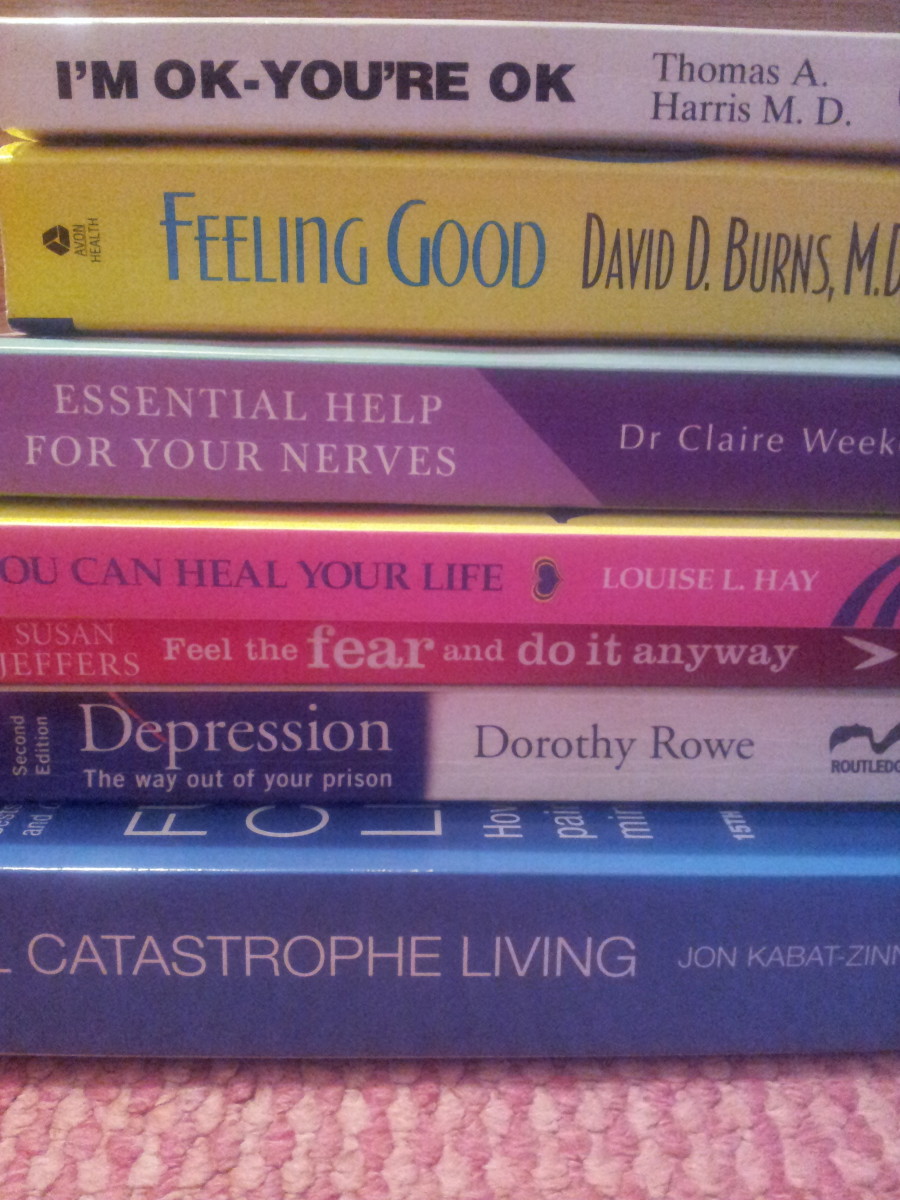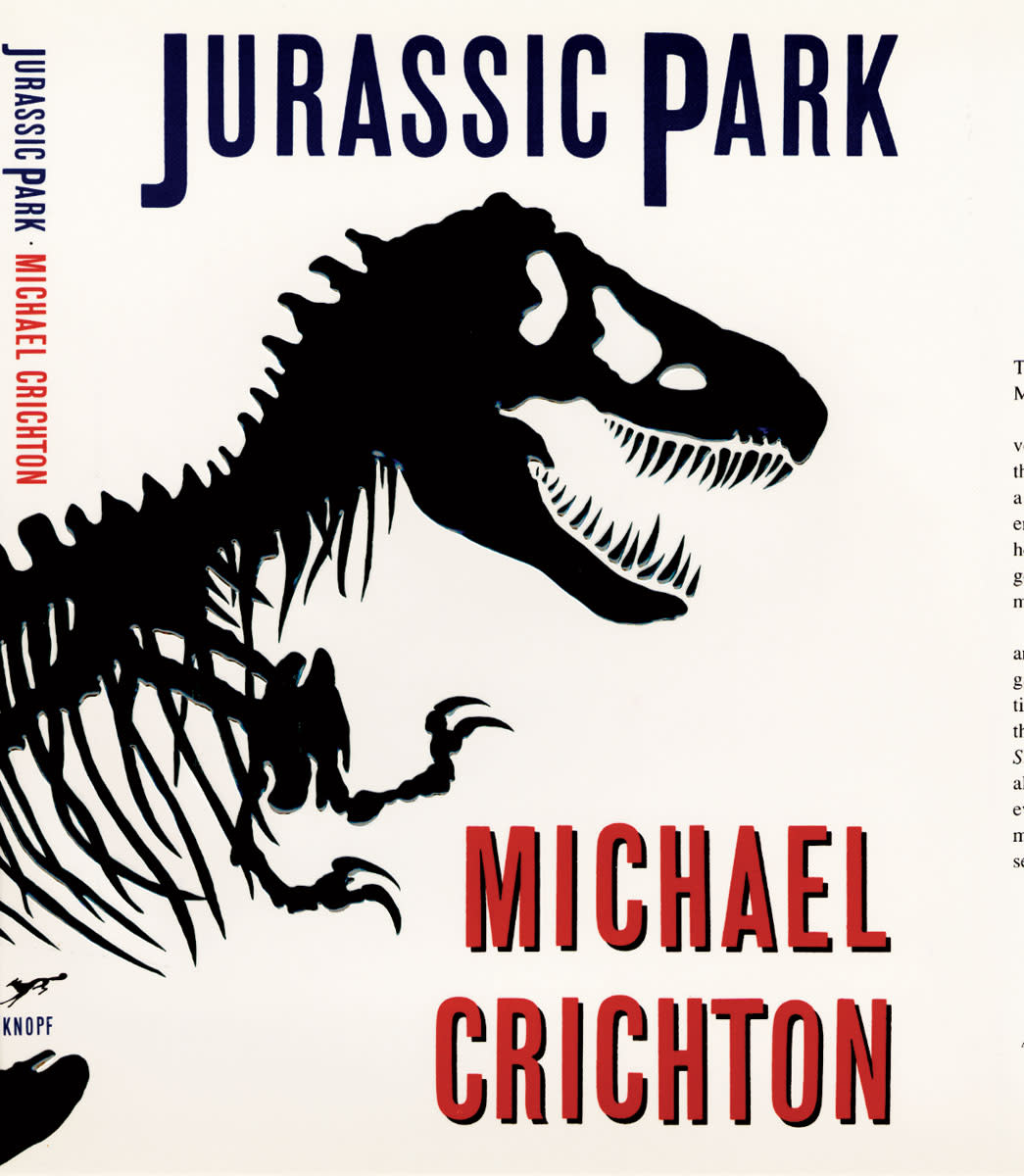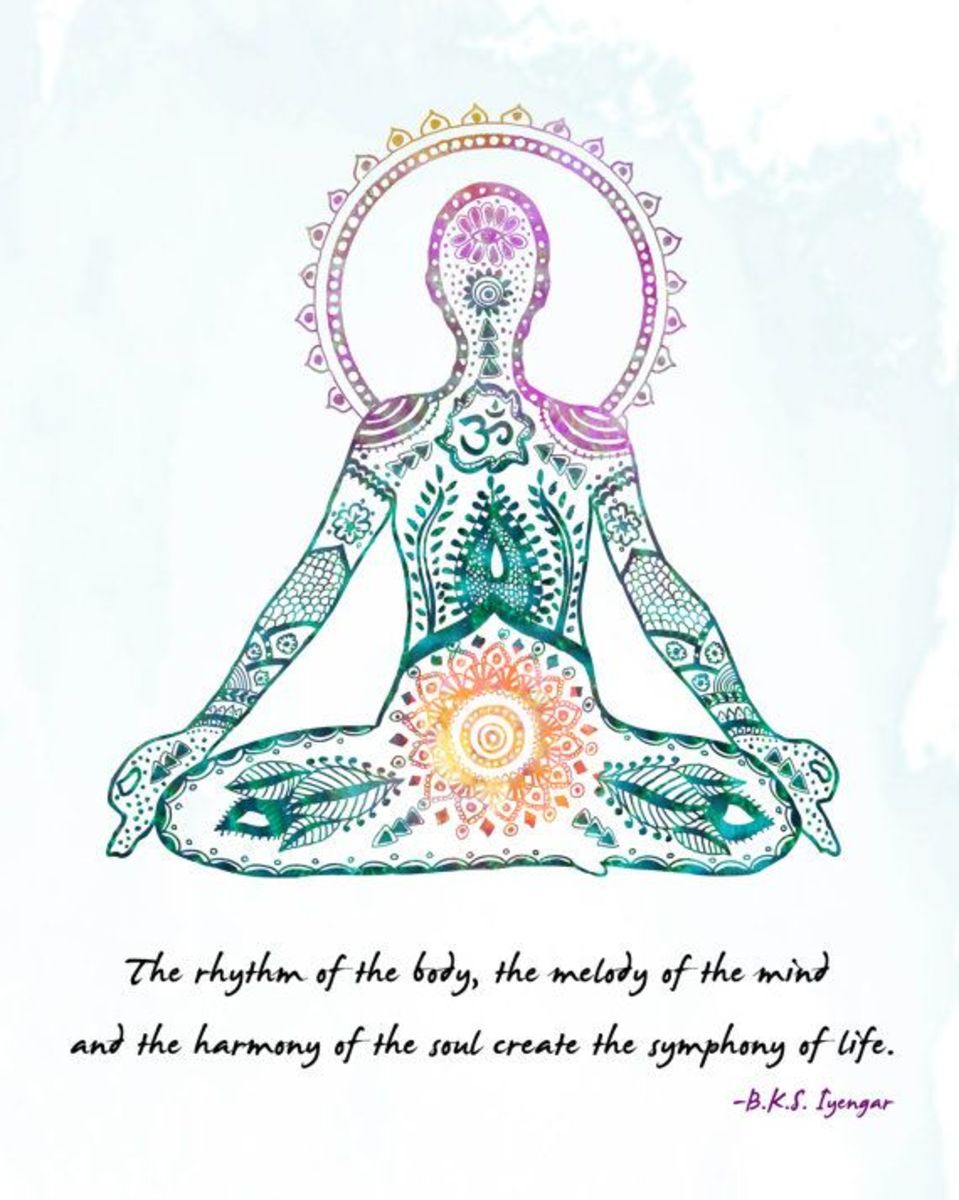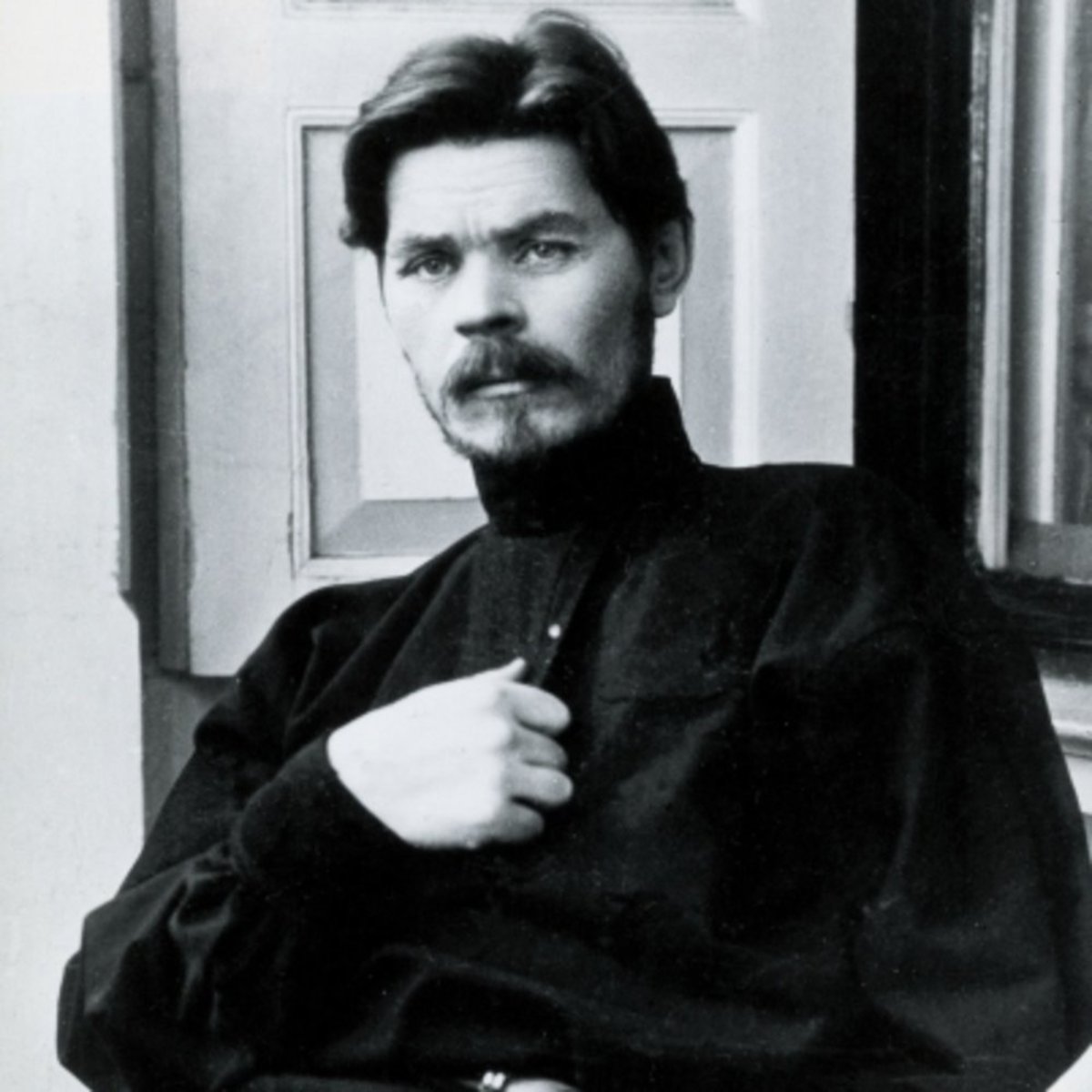The Best Christian Books of All Time
Must Reads in a Lifetime
Leaders are readers, they say. Whether this is because leaders inherently love to read, or because reading helps to make a person a leader, I cannot say. I can say, however, that our culture needs leaders who love the gospel of Christ and desire to see it transform culture, and I can also say that there are few better things you can do to cultivate effectiveness in body, soul, and spirit, than to enthusiastically engage a good book with your mind and will.
This list is not exhaustive, but it contains great books which have proven themselves by Scriptural soundness and cultural relevancy over many years. I challenge you to read at least three books from this reading list this year, and take a step forward as a leader to help with the reconstruction of a sound and God-glorifying culture.
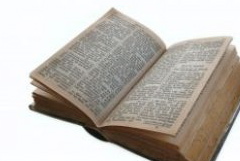
The Must Read: The Holy Bible
Written by forty authors who were divinely inspired by God. For sheer literary content alone, there's nothing like the exciting stories of Genesis, Judges, and the Samuels; the flowing, metaphysical poetry of Ecclesiasties; the song and drama of the Psalms; the cut-and-dry wisdom of the Proverbs; the pathos of the Gospels; and the logical rhetoric of the letters of Paul; followed by a brilliant and blinding description of the throne room of heaven and the judgment of hell.
But most of the billions of people who read the Bible every year will tell you that they read it because it is food and water to their souls, and because it is the one rule for life and practice.
Famous Quote from The Holy Bible:
"All Scripture is God-breathed and is useful for teaching, rebuking, correcting, and training in righteousness, that the man of God may be complete, thoroughly equipped for every good work." 2 Timothy 3:16-17
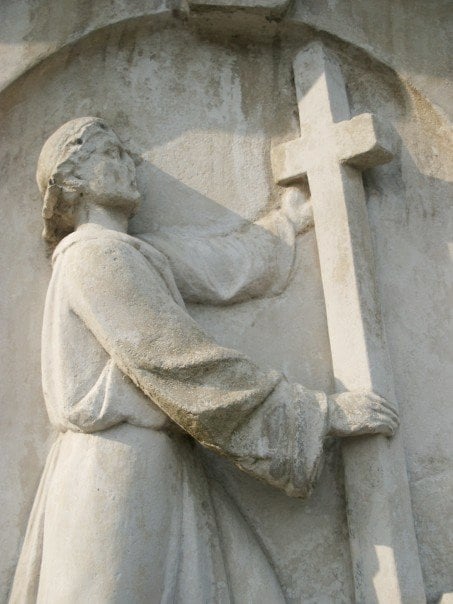
Great Book #2: The Pilgrim's Progress
By John Bunyan. This is the most widely published and widely read book after the Bible, and has been prized over the centuries for being the first and best spiritual allegory of all time. Though written in the old English of the 1600s, its simple, poetic storytelling is not hard for even young readers to understand (and there are many edited and abridged versions available, though they lack the purity of quality in the original).
Follow the pilgrim through the Slough of Despond where he struggles to be free of the burden on his back, and through Vanity Fair, where he is tempted away from his journey by enticing distractions, and cheer for him as he slips from the clutches of the man-eating giants, slays the dragon, walks through the valley of the dead, and finally makes it across the river to the Celestial City.
Famous Quote from The Pilgrim's Progress:
"In prayer, it is better to have a heart without words, than words without heart. Prayer will make a man cease from sin, or sin will entice a man to cease from prayer."
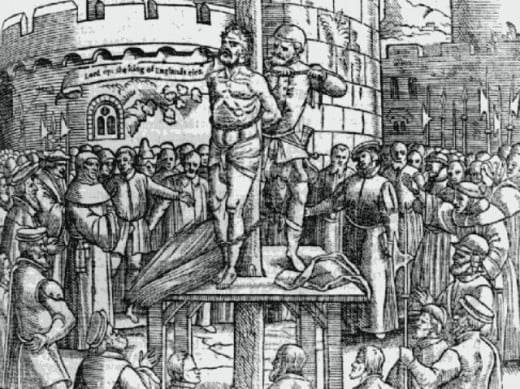

Great Book #3: Foxe's Book of Martyrs
By John Foxe. A book of true stories about the Early Christians in first-century Rome and the medieval world, documenting their stunning testimonies as they were being tortured to death. It's a sobering and convicting book to read, because it makes the reader think about whether he would be willing to die for the gospel of Jesus Christ with such confidence, conviction, and even joy.
Read about the martyrs in the Colosseum, who were eaten alive by voracious animals. Also read about the martyrs of the Protestant Reformation, who suffered death by burning for translating and publishing the Bible, or preaching the truth. John Foxe, the author, writes with feeling and masterful storytelling.
Douglas Campbell, author of "The Puritan in Holland, England, and America," says of Foxe's Book of Martyrs, "Those who could read for themselves learned the full details of all the atrocities performed on the Protestant reformers; the illiterate could see the rude illustrations of the various instruments of torture, the rack, the gridiron, the boiling oil, and then the holy ones breathing out their souls amid the flames. Take a people just awakening to a new intellectual and religious life; let several generations of them, from childhood to old age, pore over such a book, and its stories become traditions as individual and almost as potent as songs and customs on a nation's life."
Famous Quote from Foxe's Book of Martyrs:
"The procunsul then urged him, saying, 'Swear, and I will release thee;--reproach Christ.'
"Polycarp answered, 'Eighty and six years have I serve him, and he never once wronged me; how then shall I blaspheme my King, Who hath saved me?' At the stake to which he was only tied, but not nailed as usual, as he assured them he should stand immovable, the flames, on their kindling the gabots, encircled his body, like an arch, without touching him; and the executioner, on seeing this, was ordered to pierce him with a sword, then so great a quantity of blood flowed out as extinguished the fire."
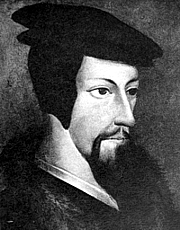
Great Book #4: The Institutes of the Christian Religion
By John Calvin. The two most important questions that every human being asks are, "Who is God?" and "Who am I?" John Calvin, called "The Theologian" by his peers, addresses these questions in his lifetime work, The Institutes.
His writing is vibrant, warm, and fatherly, with precious expositions of the Word of God that have long been valued for their wisdom and soundness. For impact on culture, there are few books like this one. It explores the ideas of God's sovereignty and man's free will, God's law, God's grace, man's deadness in sin, man's purpose, the Trinity, how to pray, how to be saved, and other doctrinal and devotional questions. Calvin spent most of his life in Geneva, Switzerland, and helped to establish a church & state relationship that was eventually paralleled by "Calvinist" colonists during the birth of the young nation of America.
Famous Quote from Calvin's Institutes:
"Such is the arrangement of the Institutes which may be thus summed up: Man being at first created upright, but afterwards being not partially but totally ruined, finds his entire salvation out of himself in Christ, to whom being united by the Holy Spirit freely given without any foresight of future works, he thereby obtains a double blessing—viz. full imputation of righteousness, which goes along with us even to the grave, and the commencement of sanctification, which daily advances till at length it is perfected in the day of regeneration or resurrection of the body, and this, in order that the great mercy of God may be celebrated in the heavenly mansions, throughout eternity." (From Calvin's "Method and Arrangement" Introduction)
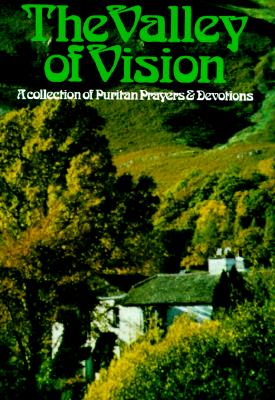
Great Book #5: The Valley of Vision: a Collection of Puritan Prayers and Devotions
Edited by Arthur G. Bennett. For richness of language to express the depth of the heart's cry, there are few books like The Valley of Vision. This book is a collection of prayers, some private, others corporate, written and used by Puritans.
Contrary to the conception about most prayer books, this one does not force you to pray in rote recitation. Instead, it enhances the thoughts and desires of the one praying, and helps him to pray in a way that is at once closer to the heart of God and closer to the heart of what the is really needed! Some prayers "wrestle" with God for blessings, others praise Him for His actions or attributes. Some prayers ask for personal wisdom (the valley of vision) and enablement in the Christian walk. The layout of each prayer almost looks like poetry, but the lines do not rhyme or have rhythm, and are merely meant to be a flow of thought from one subject to the next.
Famous Quote from The Valley of Vision:
"Lord, high and holy, meek and lowly,
Thou hast brought me to the valley of vision,
where I live in the depths but see thee in the heights;
hemmed in by mountains of sin I behold thy glory."
Great Book #6: Confessions
By St. Augustine of Hippo. Augustine tells the story of his rebellious youth, and how he followed after every lust he desired, to no satisfaction. Eventually he tells of the dawning of the light of Christ in his heart, and how it changed his actions, thoughts, and desires. His cry to God in this book is much like the petitioning King David's Psalms. Augustine desires to be righteous, to not be tempted by worthless things anymore, and to truly be filled by God in every way. He understood that all good things come from God, including his own ability to obey God and trust Him for righteousness. He expressed this by saying, "Grant what You command, and command what You will."
Famous Quote from Augustine's Confessions:
You called and cried out loud and shattered my deafness. You were radiant and resplendent, You put to flight my blindness. You were fragrant, and I drew in my breath and now pant after you. I tasted You, and feel but hunger and thirst for You. You touched me, and I am set on fire to attain the peace which is Yours. (X. xxvi.)
A few more great books to add to your list...
- The Pursuit of Holiness, by Jerry Bridges
- Institutes of Biblical Law, by R. J. Rushdoony
- In the Shadow of the Almighty: the Life and Testament of Jim Elliot, by Elizabeth Elliot
- Confessions, by St. Patrick (first missionary to Ireland)
- Missionary Patriarch, autobiography of a John G. Peyton, Scottish missionary to the cannibalistic New Hebrides
- My Utmost for His Highest, by Oswald Chambers
- Mere Christianity, by C. S. Lewis
- The Westminster Confession

